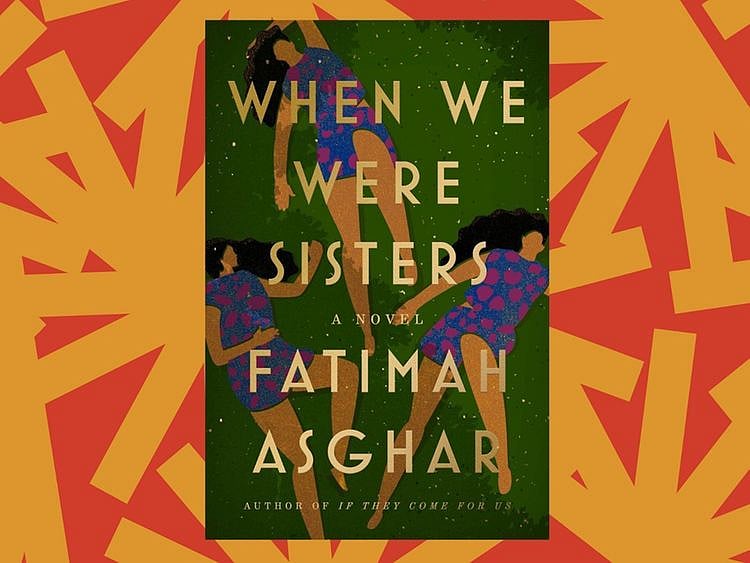Fatimah Asghar’s When We Were Sisters tells the poignant tale of an immigrant father leaving home in Philadelphia to get bunk beds for his three children.
Everything goes haywire from here as the man gets killed in the street and next we hear his body is sent to Pakistan. His kids -- Noreen, Kausar and Aisha become orphans and are taken in by an uncle, so terrifying that his name is redacted.
The evil uncle steals their father’s inheritance and their government checks, funneling it all to his two half-white sons in a wealthy suburb. Under the gaze of this man, the siblings raise each other as imperfect “sister-mothers.”
Glimmering début novel
The story will break your heart because Asghar writes a glimmering début novel that lucidly details the thorny path from childhood to adulthood.
The story begins in Philly. After their father’s death, the sisters are relocated to New Jersey to live with this bad uncle.
Asghar is a poet and screenwriter whose poetry collection They Come for Us (about the 1947 Partition of India and Pakistan) was praised for its quality and ethos.
In When We Were Sisters Asghar brilliantly brings out the collision of her private and public worlds. The book examines the bonds and fractures of sisterhood, names the perils of being three Muslim American girls alone against the world, and ultimately illustrates how those who’ve lost everything might still make homes in one another.
If you want to know what life is on the margins for Muslim-American siblings left to raise one another — this is your book.
Ahmad Nazir is a UAE-based freelancer writer
Sign up for the Daily Briefing
Get the latest news and updates straight to your inbox
Network Links
GN StoreDownload our app
© Al Nisr Publishing LLC 2025. All rights reserved.
